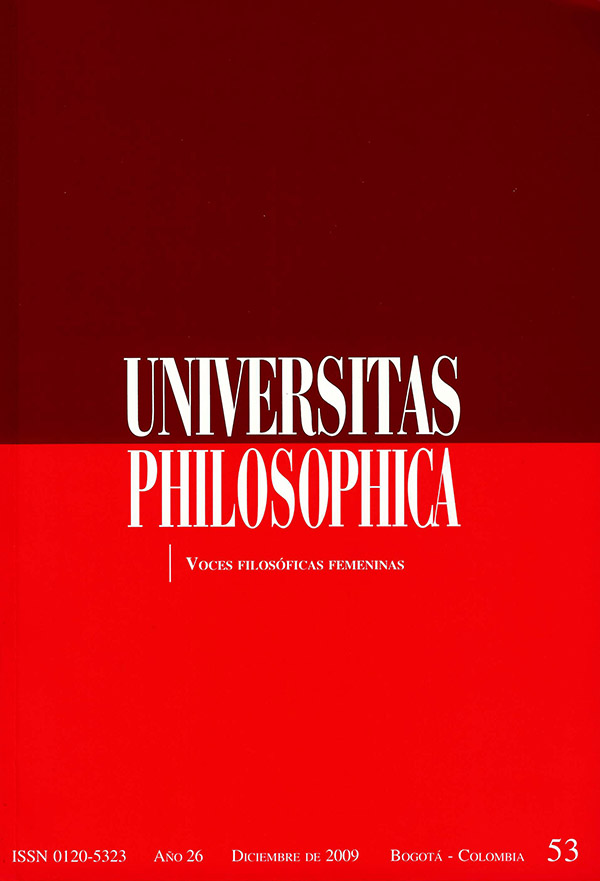Abstract
Outside of any liberal contractualism and of an impersonal and abstract intellectualism, confidence –present in the Humean notion of sympathy as a condition of human nature– shapes our character and is the foundation of our moral distinctions between virtue and vice. According to Baier, holds the author of this article, trust is a powerful catalyst for our moral thinking whenever it arises in the modulation of the powerful desire for companionship, and personal and interpersonal contradictions. From an innovative reading of Hume, one needs to learn how to become less the judge of morality and increasingly one of those who talk about their beliefs and suspicions with humor. Reflection alone destroys life. All moral order, then, emerges with parsimony of a community of people who, knowing of their socioeconomic and cultural matrices, judge of virtue and vice by shared standards.
Faced with the horror of a life in which there reigns the widespread suspicion –it's the conjecture of this article's author– women have enough desire, sensitivity and competence as well as the conviction and courage to participate in a sentimental education of humanity that allows expect benefits of a strong and sustainable confidence through appropriate conversation and writing, thus establishing an innovative and rigorous moral thinking.
This journal is registered under a Creative Commons Attribution 4.0 International Public License. Thus, this work may be reproduced, distributed, and publicly shared in digital format, as long as the names of the authors and Pontificia Universidad Javeriana are acknowledged. Others are allowed to quote, adapt, transform, auto-archive, republish, and create based on this material, for any purpose (even commercial ones), provided the authorship is duly acknowledged, a link to the original work is provided, and it is specified if changes have been made. Pontificia Universidad Javeriana does not hold the rights of published works and the authors are solely responsible for the contents of their works; they keep the moral, intellectual, privacy, and publicity rights.
Approving the intervention of the work (review, copy-editing, translation, layout) and the following outreach, are granted through an use license and not through an assignment of rights. This means the journal and Pontificia Universidad Javeriana cannot be held responsible for any ethical malpractice by the authors. As a consequence of the protection granted by the use license, the journal is not required to publish recantations or modify information already published, unless the errata stems from the editorial management process. Publishing contents in this journal does not generate royalties for contributors.


